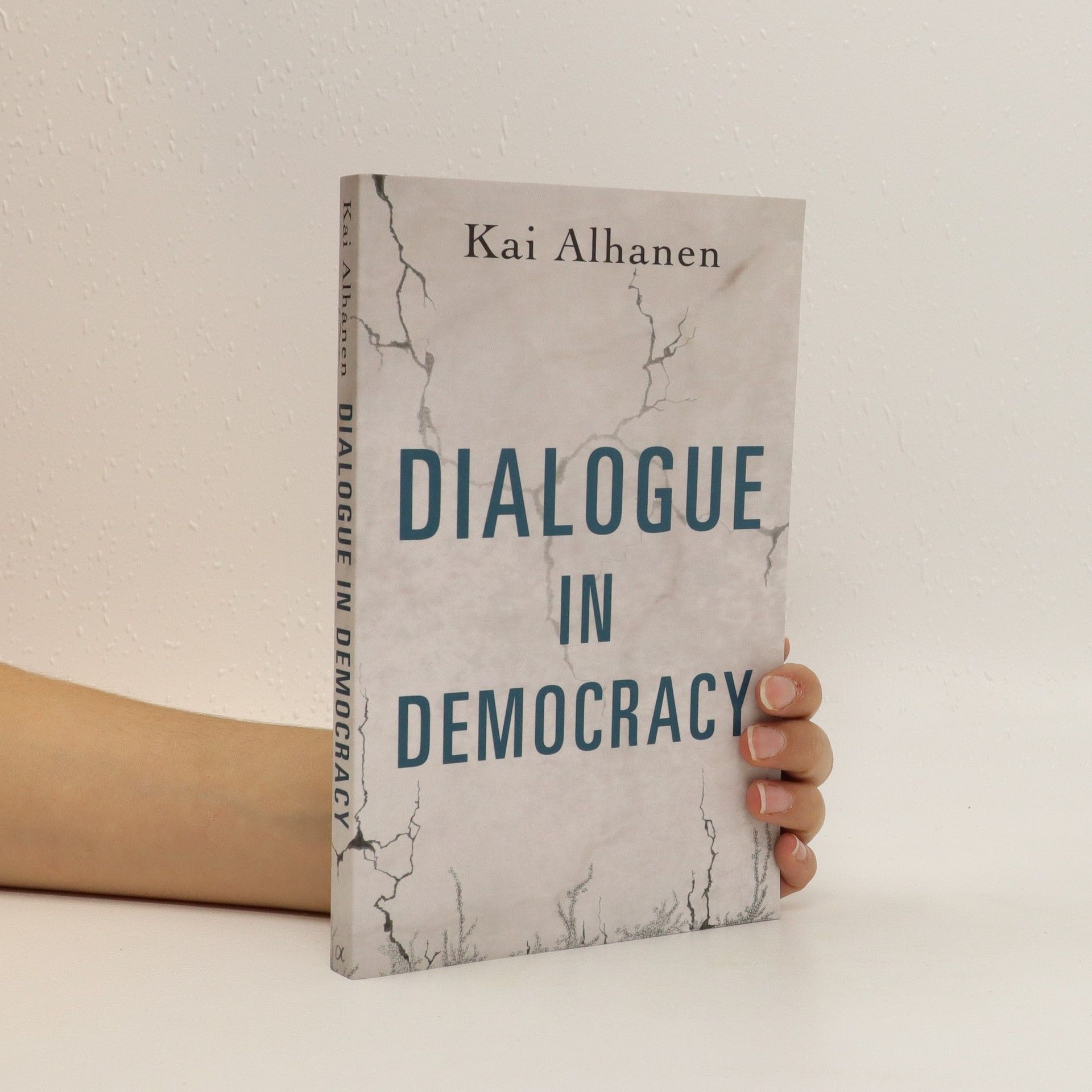Under pressure from global economic instability, ecological crises and growing authoritarianism, democracy is critically endangered. In order to secure the future of democracy, we need a new kind of civic activity with dialogue at its core. Dialogue is crucial for enhancing communication and for cultivating democratic coexistence in our multi-cultural world. Aiming for a better understanding of the world’s phenomena, of other people and ourselves, dialogue helps communities to sustain one of democracy’s most important requirements: people’s ability to learn from one another. Combining perspectives from political philosophy and the author’s extensive practical work with dialogue, this book affirms the power of dialogue for defending, revitalising, and developing democratic societies. It aims to clarify the meaning of democracy not only as a system of government but also as a moral way of life. Dialogue in Democracy highlights the vital significance of dialogue for strengthening and maintaining democracy, not just as a political goal but essentially as an ideal to be realised on an everyday basis. The book appeals to a broad diversity of citizens working in different areas of society: in education, business, politics and public services, as well as religious communities, scientists, athletes, and artists.
Kai Alhanen Livres
